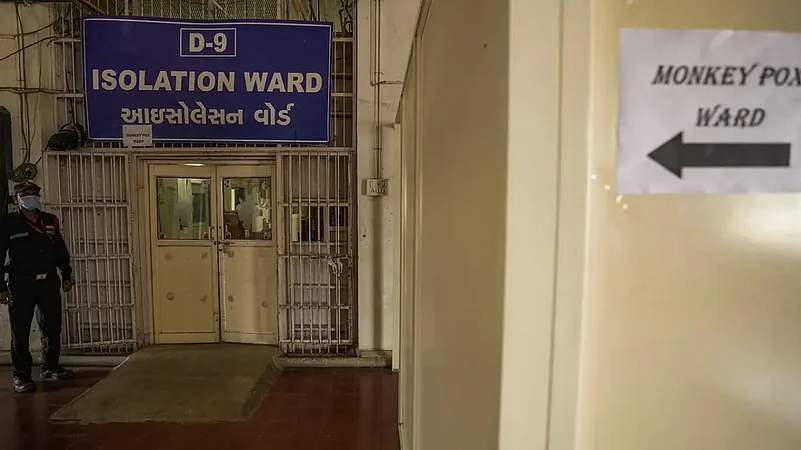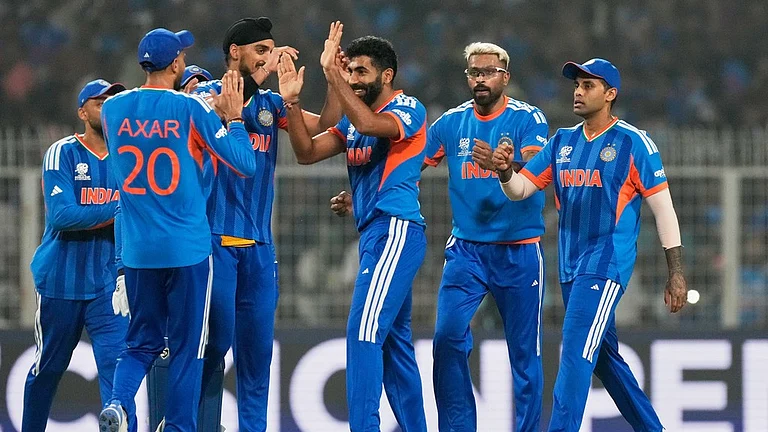A 30-year-old woman in Delhi has tested positive for Monkeypox virus. She is the eighth person confirmed to have Monkeypox in Delhi and 13th in India.
The woman is a Nigerian national and is currently admitted to Lok Nayak Jai Prakash Narayan (LNJP) Hospital. LNJP Hospital is Delhi's nodal hospital for Monekypox.
Another person suspected to be suffering from Monkeypox has also been admitted to LNJP Hospital, said sources to PTI.
Monkeypox is a rare viral disease caused by the virus of the same name. It belongs to the pox family of viruses. While endemic to Africa, the current outbreak of Monkeypox is worldwide and symptoms as well as medium of spread are considerably different from those previously seen in Africa.
Healthline says that symptoms take 6-13 days to appear after you have contracted the virus and usually last between 5-21 days. It lists the following early symptoms:
- fever, commonly the first symptom
- headache
- muscle aches
- back ache
- fatigue
- chills
- swollen lymph nodes
Healthline says that rash usually appears within one to three days of the onset of fever. Rashes usually develop on face, eyes, genital area, and limbs.
Monkeypox spreads through close contact with either an infected person or animal.
The Government of India as well as several state governments have issued guidelines for the screening, isolation, and treatment of Monkeypox infections.
In May, the Union Health Ministry had directed the National Centre for Disease Control (NCDC) and the Indian Council of Medical Research (ICMR) to keep a close watch on the Monekeypox situation in India. Airport and port health officers were also asked to be vigilant.
"They have been instructed that any sick passenger with a travel history to Monkeypox-affected countries be isolated and samples sent to the BSL4 facility of the National Institute of Virology in Pune for an investigation," said sources to PTI at the time.
The Union Health Ministry has also published detailed guidelines that cover various aspects of Monkeypox management, such as collection of samples, isolation and treatment of patients, and contact-tracing. The following steps to manage Monkeypox are listed:
- Patient isolation
- Protection of compromised skin and mucous membranes
- Rehydration therapy and nutritional support
- Symptomatic treatment
- Monitoring and treatment of complications
The Monkeypox management is therefore similar to Covid-19 management as you test the patient, isolate them, and then start the treatment as per symptoms.
The difference is that while several government and private labs can test and confirm Covid-19 infections, only National Institute of Virology (NIV), Pune tests and confirms Monkeypox infection.
Moreover, it's not the symptoms or a pre-determined number of days but the resolution of rashes, lesions, and scabs that decides when isolation would end.
"Skin lesions should be covered to the best extent possible (e.g. long sleeves, long pants) to minimise risk of contact with others. Isolation to be continued until all lesions have resolved and scabs have completely fallen off," say Union Health Ministry guidelines.
(With PTI inputs)






















